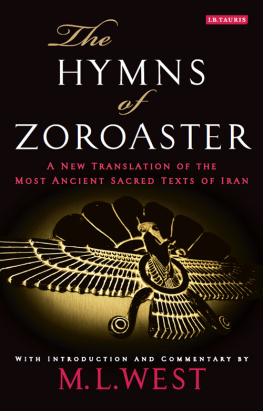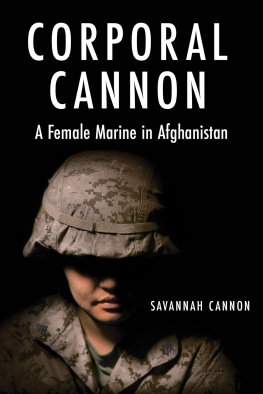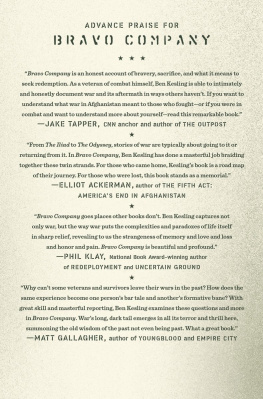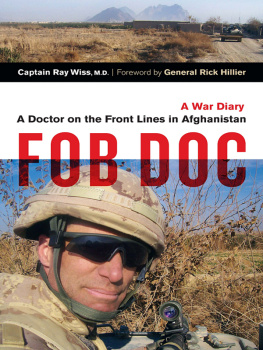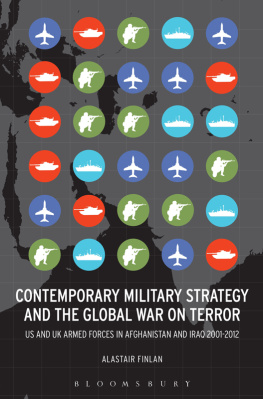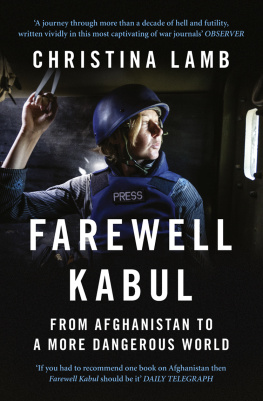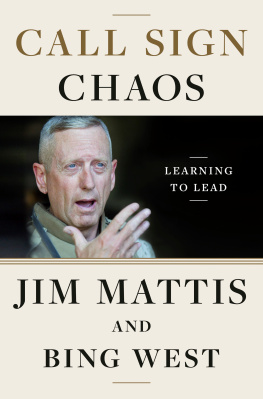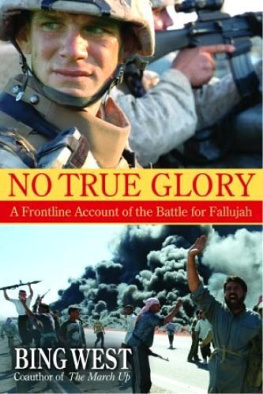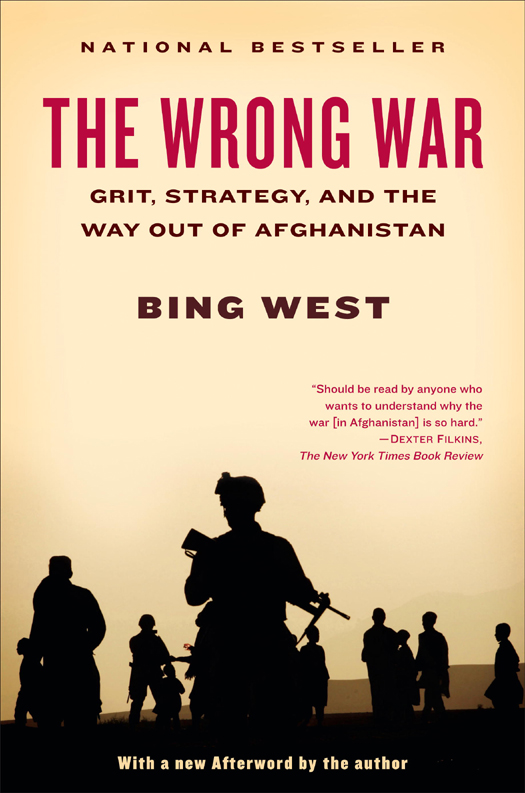ALSO BY BING WEST
The Strongest Tribe: War, Politics, and the Endgame in Iraq
No True Glory: A Frontline Account of the Battle for Fallujah
The Village
Naval Forces and Western Security: Sea Plan 2000 (editor)
Small Unit Action in Vietnam
The Pepperdogs
WITH MAJOR GENERAL RAY L. SMITH
The March Up: Taking Baghdad with the 1st Marine Division
Copyright 2011, 2012 by Francis J. West, Jr.
Maps copyright 2011 by David Lindroth, Inc.
All rights reserved.
Published in the United States by Random House, an imprint of The Random House Publishing Group, a division of Random House, Inc., New York.
R ANDOM H OUSE and colophon are registered trademarks of Random House, Inc.
LIBRARY OF CONGRESS CATALOGING-IN-PUBLICATION DATA
West, Francis J.
The wrong war : grit, strategy, and the way out of Afghanistan / Bing West.
p. cm.
Includes index.
eISBN: 978-1-58836-932-1
1. Afghan War, 2001 2. United StatesArmed ForcesAfghanistan. I. Title.
DS371.412.W47 2011
958.1047dc22 2010043107
www.atrandom.com
Cover photograph: Yoray Liberman/Getty Images
v3.1
NOTE TO THE READER
I recorded on video many of the firefights described in the book. The videos are posted on YouTube under the user name BingWest.com.
PREFACE
At first glance, the Pashtun village of Gourogan had the charm of a hamlet in Mexico or Spaina hard-packed path too narrow for cars twisting uphill between tall stone walls, a few donkeys trudging along, a farmer or two in the fields, arbors of green grapes and small copses of fig trees baking under the scorching sun. Cpl. Ben Woodhouse wasnt fooled twice, though. Yesterday he had turned a corner in just such a tranquil setting and bumped smack into an equally surprised Talib clutching an AK automatic rifle. Woody and the bearded Pashtun both jumped back, shooting harmlessly at each other. The Talib leaped over a small wall and ran away at sprinters speed, leaving behind a corporal who turned each corner in Gourogan with his rifle ready to fire.
Moving through the fields on either side of Woody was a skirmish line of Marines. By the time the troops reached the top of the hill, all the villagers had ducked indoors. The Afghan soldiers with the Marines shouted for the elders to come out and hold a shura, or meeting. Gradually, about a dozen old men, many wrapped in shawls despite the brutal heat, gathered under the skimpy awning of the only store. Dust was shaken from chipped porcelain cups and a round of steaming green tea was poured.
The chubby mullah, who was quick to grin, pointed at my Red Sox hat with the big red B. I explained that baseball was like cricket. Asked the score of a game, I said about 8 to 4. Oh, the mullah said, we are sorry your team plays so poorly. (Cricket players score in the hundreds.) The elders burst out laughing. They had never seen Americans, and the Taliban had warned that the saman dirian (Marines) killed everyone. Yet here they were, sitting in the dirt, all very young, clean-shaven, and polite, while the older one didnt even know how terrible he was as an athlete.
Sgt. Bill Cahir, who was in charge of civil affairs on the patrol, spent some time explaining the size of the United States. Afghanistan, he said, was smaller than Texas, one of fifty states. So why are you here? an elder asked. To help your president defeat the Taliban, Cahir said. Karzai is Pashtun, an elder said, so he should be president. But Kabul is too far away. Our teacher went to Iran to work after the Taliban closed the school. Of course, there werent any Taliban still in Gourogan, at least not once the Marines started up the hill.
Over another round of tea, the elders complained about their dry fields and the lack of everythingelectricity, clean water, safety to go to market, the tribe across the river, the price of seed, no education for the children. As the cups were filled a third time, Cahir took out his notebook and asked what they really, really needed. The jovial mullah said batteries for his loudspeakers for his calls to prayer. Some elder said his voice was already loud enough, and everyone laughed. The saman dirian werent so bad.
Batteries, fix up the school, money to hire another teacher, supplies for the dispensary, maybe a hydro generator if the current was swift enough in the river. Okay, Cahir said, we Marines can do that for you. Now in return, will you tell the Taliban to keep out?
How can we do that, the mullah said with a genuine smile, when you cannot?
Tell us when they are here, Cahir said, and well take care of them.
The mullah scratched at the dirt and did not answer. The fun was over.
For years, soldiers like Cahir had projected goodwill and brought resources. In return, the villagers were expected to reject the insurgents, or to risk death by informing against them. Instead, people like the mullah accepted the aid and remained neutral, waiting to see who would win on the field of battle. By giving away billions, we created a culture of entitlement rather than a rebellion against the radicals.
Preventing a terrorist takeover in Afghanistan is a sound goal. It would severely damage Americas credibility if the Taliban reseized Kabul. If chaos spread into Pakistan, terrorists might seize one of Pakistans nuclear bombs. Although the chances of that were slight, one bomb would incinerate tens of thousands of American civilians.
But in 2002, America had larger ambitions. Together with the United Nations, the United States agreed to build a democratic nation. Hamid Karzai was in effect chosen to be the president of the new Afghanistan, with a strong central government controlling 31 million uneducated tribesmen. Only the American military had the manpower and organization to achieve that stupendous goal. Mistakenly, the generals agreed that defeating an insurgency required our soldiers to be nation builders as well as war fighters.
Thus our military became a gigantic Peace Corps, holding millions of shuras, drinking billions of cups of tea, and handing out billions of dollars for projects. Risk in battle was avoided because generals proclaimed that killing the enemy could not win the war. Senior officials fantasized that the war would be won by protecting and winning over the population. The tribes, however, were determined to remain neutral, while the Afghan president tolerated corruption and ineffectiveness. The futile effort to build a democracy diverted the energies of our soldiers and weakened their martial spirit.
Since it would be disastrous to pull out and we cant win with the current strategy, is there an alternative? This raises several questions. What does the war look like to those fighting it? Like war in general, counterinsurgency is an incoherent body of thought, with history providing lessons that contradict one another. So can only one strategy succeed in Afghanistan? If so, why did the strategy change with each of the six U.S. generals who were put in charge? What is being accomplished today? And how do we get out?

In seeking to answer those questions, this book describes the fighting, the objectives, the interaction with the tribes, and the different tactics our military has undertaken.


